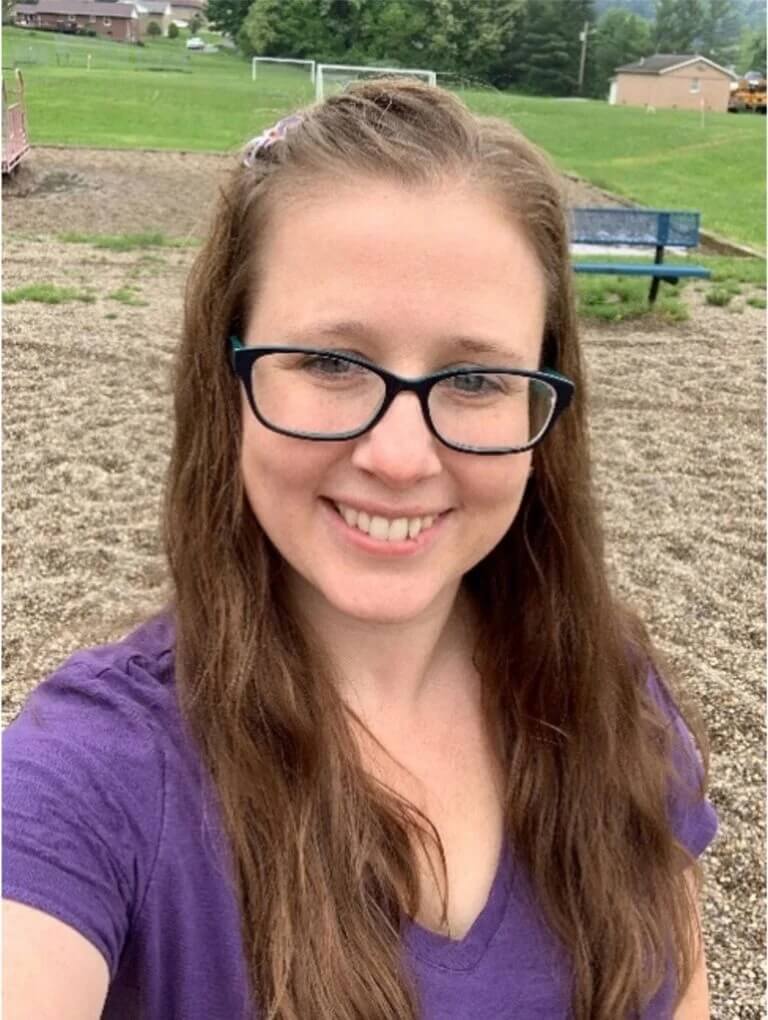The Bachelor of Science in Medical Laboratory Science (BS MLS) is a +2-degree completion plan, specifically designed for students who already have an associate’s degree in Medical Laboratory Technology.
Upon successful completion, students are eligible for national American Society for Clinical Pathology (ASCP) Board of Certification. Our Bachelor of Science in Medical Laboratory Science graduates are also well prepared for graduate programs such as medicine, physical therapy and forensics.

- Find out which of our academic programs is right for you.
- Meet some of our current students and hear about their favorite Marshall moments.
- Receive invitations to special events for future students.
- Get help with the application and enrollment process.
Our online MLS program is fully accredited by the National Accrediting Agency for Clinical Laboratory Science (NAACLS).
Upon successful completion of the Bachelor of Science degree in Medical Laboratory Science, the student is eligible for the certification examination offered by the American Society of Clinical Pathologists (ASCP).
There is not a full clinical rotation for the program, rather students complete required clinical tasks in courses taken in the final semester of the program. Most students in the program are working either full or part-time and can manage the required tasks while working.
Most medical laboratory scientists are employed in hospital laboratories, while others find employment in physician’s offices, the armed forces, and state and federal health agencies.
Graduates have continued their education to become physicians, dentists, physical therapists, health care computer specialists, hospital administrators, pharmaceutical salespersons, college professors, biomedical researchers, attorneys and scientific device reviewers.
- Clinical chemistry technologist
- Clinical laboratory technologist
- Hematology technologist
- Medical laboratory scientist

